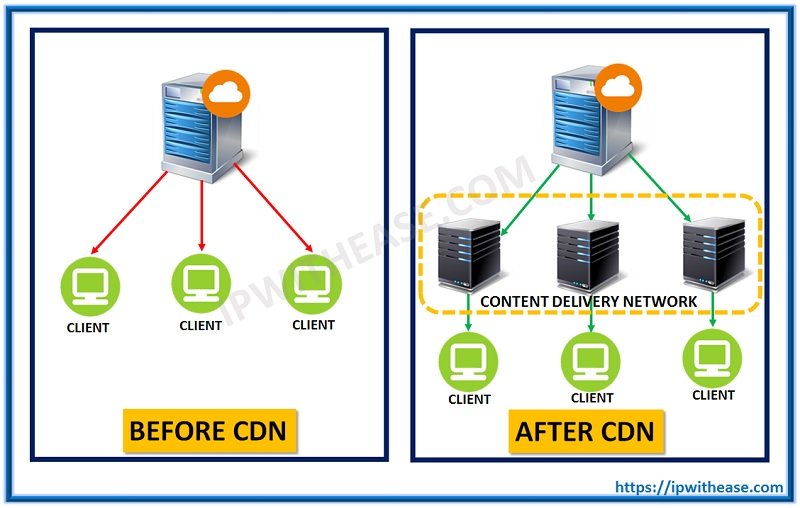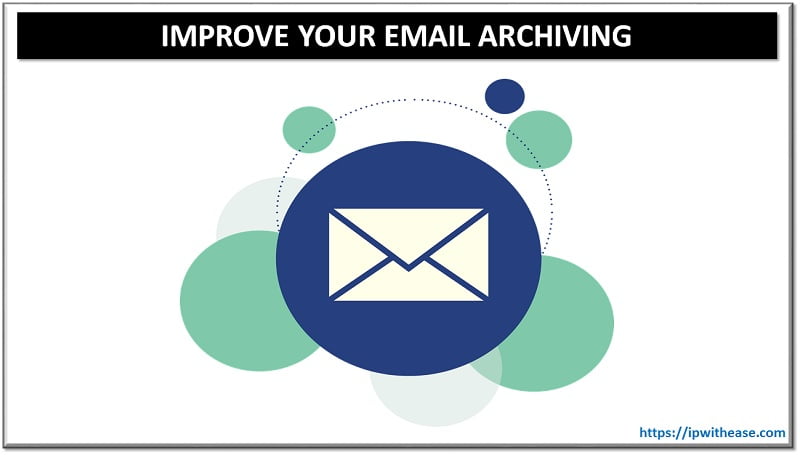Table of Contents
Content delivery network (CDN) refers to a set of a global network of servers that are strategically positioned to provide and improve fast delivery information. It allows quick transfer of data needed for the loading of internet content. It helps to fast track delivery of internet pages and web content to the users based on the location of a user, the content delivery and the origin of the given webpage. The service helps in improving the accessibility of the content of websites with high traffic while protecting from internet surges in network traffic. The closer the user to the network server, the faster the internet content will be accessed.
A properly configured delivery network helps to protect the websites against any form of attacks. Internet files content is shared throughout the system so that each physical server has a copy. When a user to request a page from your website, the CDN the physical server nearest to them, which helps to speed up loading times.
Related: CDN vs multi-CDN
How CDN works
At the network core, there is a network system of servers that are connected to convey content as fast, efficiently, dependable, and safely as would be prudent. To improve speed and availability, a CDN will put servers at the trade focuses between various systems. These Internet trade focuses (IXPs) are the crucial areas where distinctive Internet suppliers associate to give each other access to traffic starting on their multiple systems. By having an association with these rapid and exceedingly interconnected areas, a CDN supplier can diminish expenses and travel times in fast information conveyance.
A CDN manages and stores a cached type of its content in multiple locations. Each Point contains various storing servers in charge of substance conveyance to users within the nearest geographical position. The internet content is stored in numerous spots without a moment’s delay, giving better accessibility and coverage to the users. Examples of organizations that provide CDN solutions include Azure, Akamai, Cloudflare, Amazon CloudFront, CacheFly, CDN77.com.

Importance of Content Delivery Network
- Minimizes bandwidth costs: Bandwidth utilization costs for site access is an essential cost for sites. Through reserving and different improvements, CDNs can decrease the measure of information a starting point server must give, in this way lessening facilitating costs for site proprietors
- Expanding content accessibility and redundancy: Since a CDN is a distributed network, it can deal with more traffic and withstand any hardware failure that might arise.
- Improving site security: A CDN helps to enhance security by managing a Distributed Denial of Service relief, upgrades to security endorsements, and different enhancements.
- Helps to improve the website content load times: It works by distributing website content nearer to a user’s by using the nearest CDN server. User experience faster quicker page stacking times. As users are progressively disposed to click far from a moderate stacking site, a CDN can minimize the rate and increment the measure of time that individuals spend on the site. A quicker a site implies more guests will remain and stick around longer.
When delivering information to a global audience, CDNs can reduce latency, quicken website load times, minimizes bandwidth rate consumption and block the data scrapers and spammers from hitting your server.
Conclusion
Content delivery systems are being used for business to business interactions and in serving content to customers. Today, as more aspects of the daily life move on the web, many organizations use the content delivery system to accelerate the data transfer, manage the dynamic content, mobile, video, voice, e-commerce transactions. Many organizations are currently embracing CDN since it’s becoming a cheaper alternative in web research.
ABOUT THE AUTHOR

You can learn more about her on her linkedin profile – Rashmi Bhardwaj



